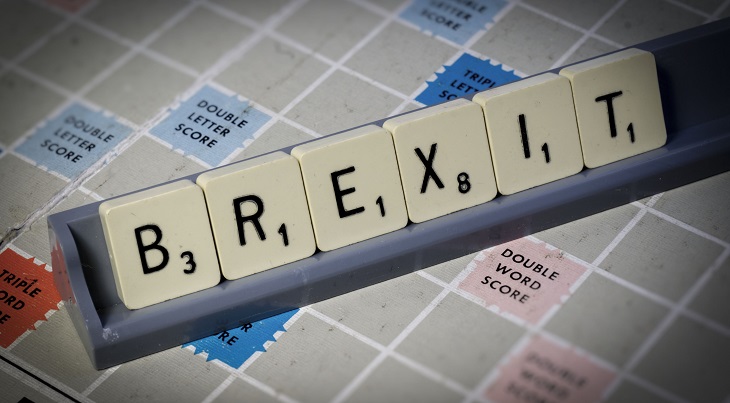Don’t underestimate the problem of post-Brexit borders, warns FTA

The EU should not underestimate the challenge member states face when preparing their own borders for Brexit, along with the risk of long delays and disruption at European ferry ports, the Freight Transport Association (FTA) has warned.
FTA’s deputy chief executive, James Hookham, gave evidence to the European Parliament Committee on Transport and Tourism on 22 November as part of a public hearing on the impact of Brexit on land transport into and out of the UK.
Hookham advised the committee that continued trade was just as much an issue for the EU27 as it was for the UK and warned the challenges and risks were also as great for the other EU member states: “It is important that the need to maintain successful trade relationships is recognised as an equal risk for both parties,” he said. “This is not just a UK problem.”
The committee heard that an additional 300 million customs declarations will need to be made in the UK each year, compared to the 90 million declarations that are currently handled by the British customs system. Hookham said each of these would be goods that originated from, or were destined for, somewhere in the EU.
“The scale of this [trade] is truly enormous and it is important that all stakeholders comprehend what we are really talking about… some 185,000 enterprises will be required to make customs declarations and other border checks after Brexit, for the first time in the UK,” he said. “Eighty percent of the vehicles that cross the English Channel between France and England are EU-registered vehicles.”
FTA is urgently seeking clarification from the EU on three key areas that will critically affect trade after Brexit; customs arrangements and facilities, the need for vehicle quotas and the recognition of driver qualifications.
Hookham said immediate action is needed to develop a workable system for the ‘seamless’ transport of goods across the new UK-EU border: “Yes, we must seek to simplify and automate procedures in the long run, but that will be something for the future. In the meantime, we must make sure that vehicles can continue to cross the border and that there is mutual recognition of driver qualifications and licences. There is a need for not just the UK government, but for the other EU27 governments to step forward and to act.”
